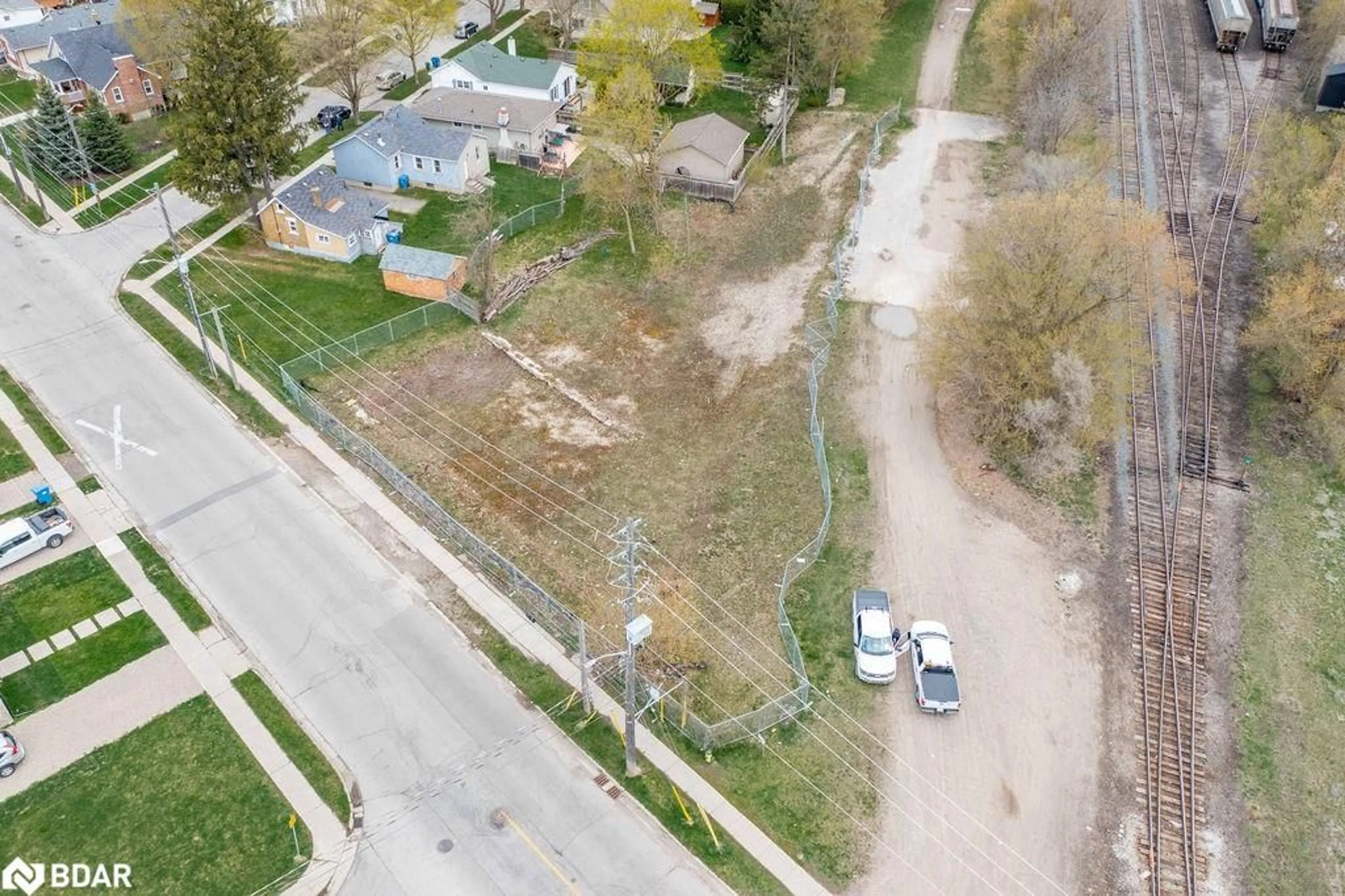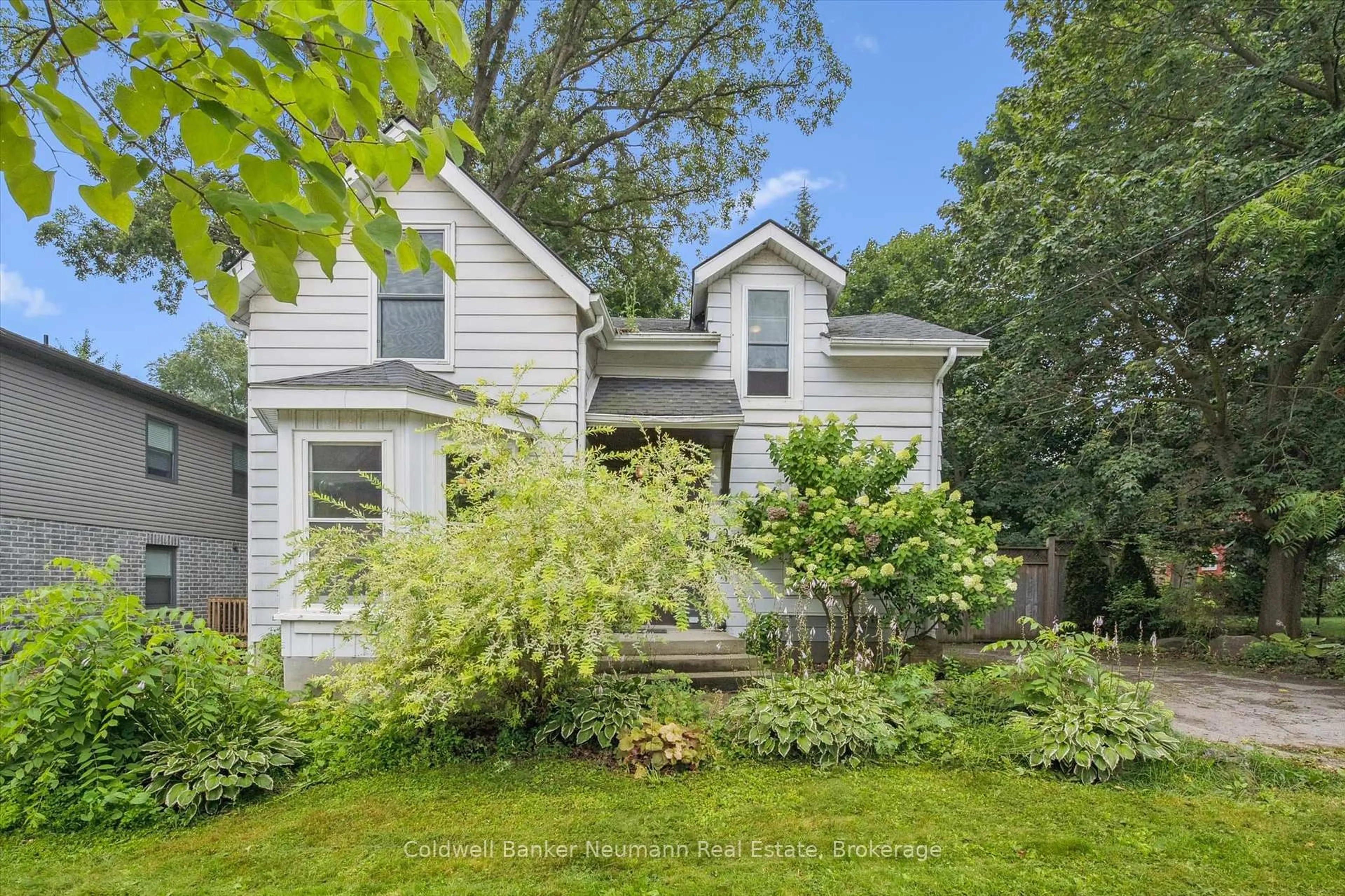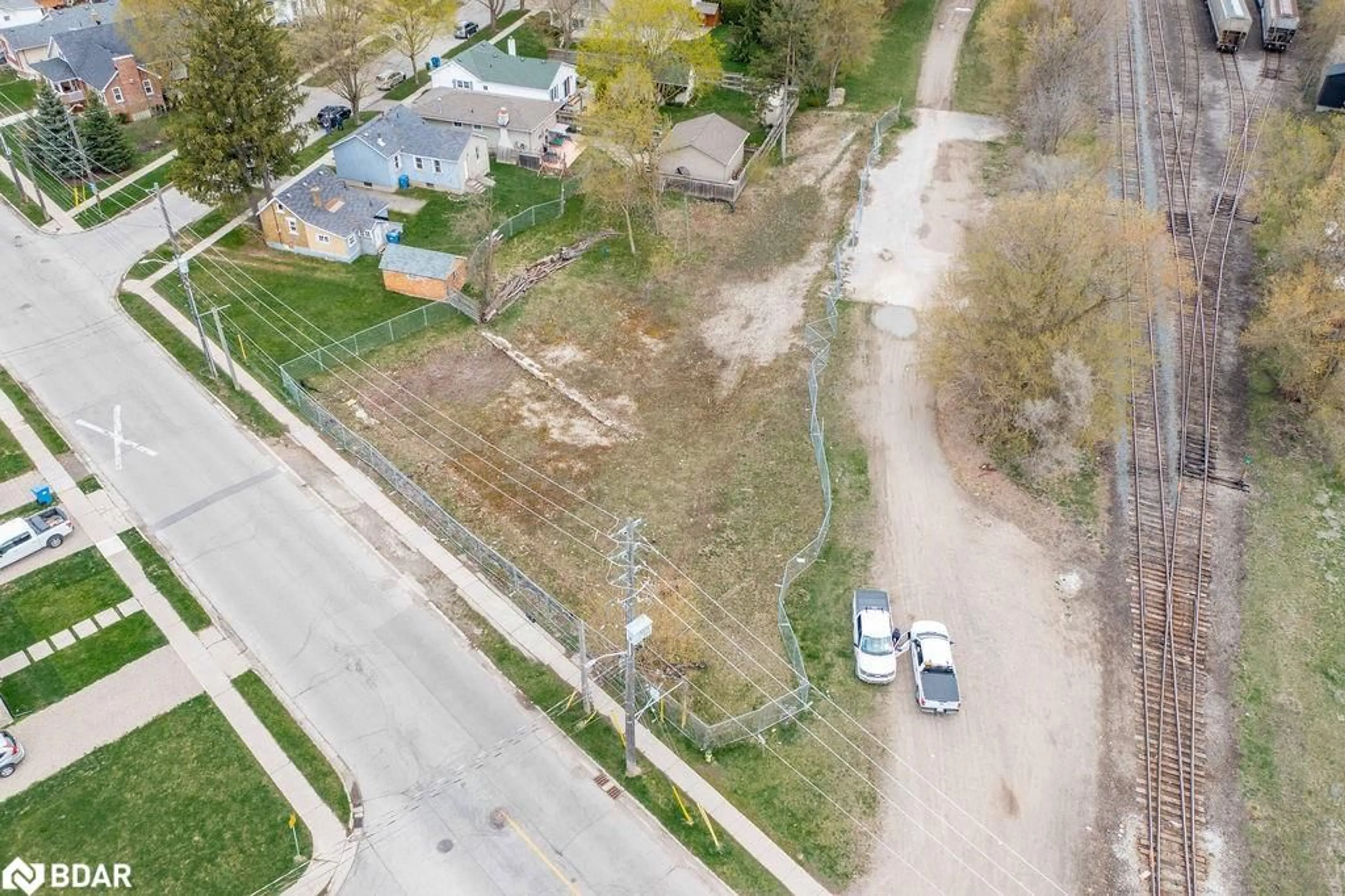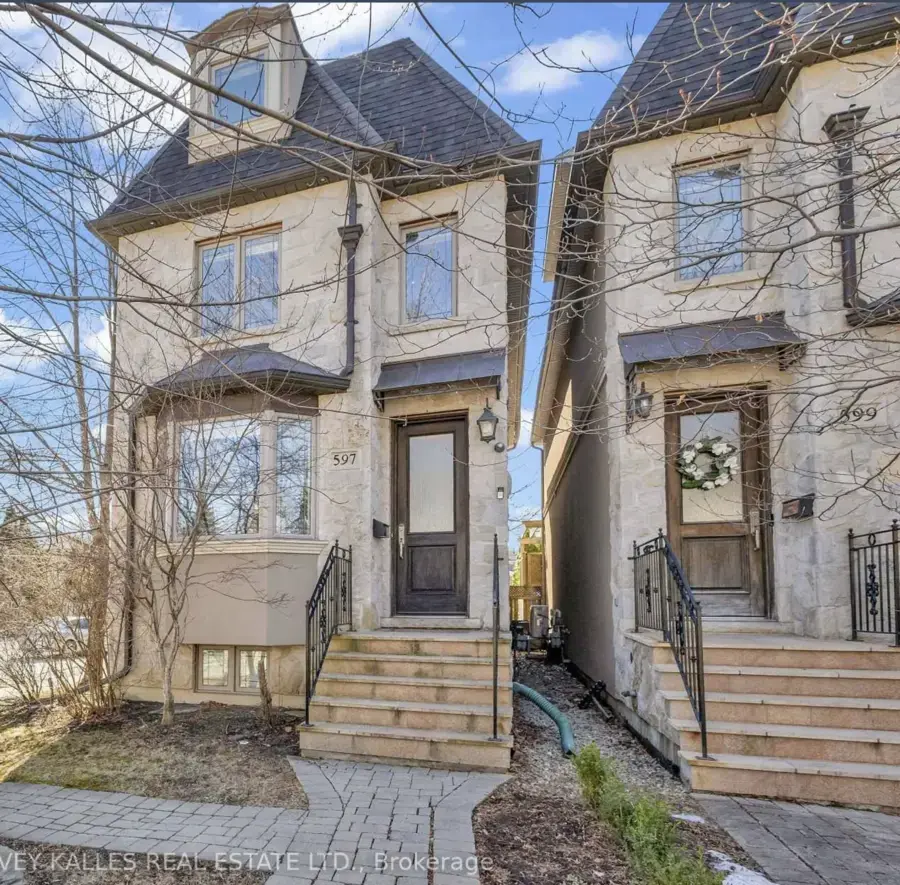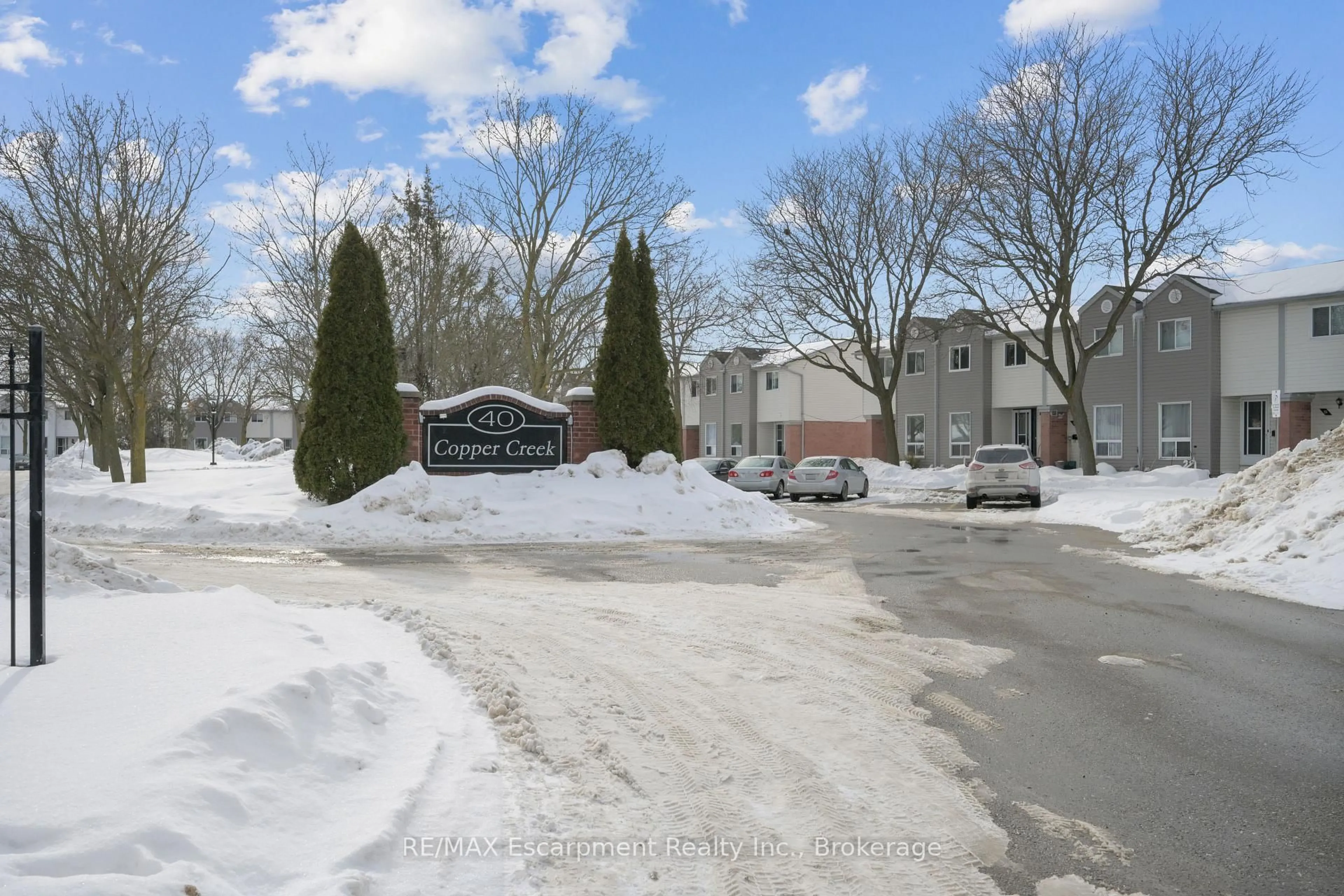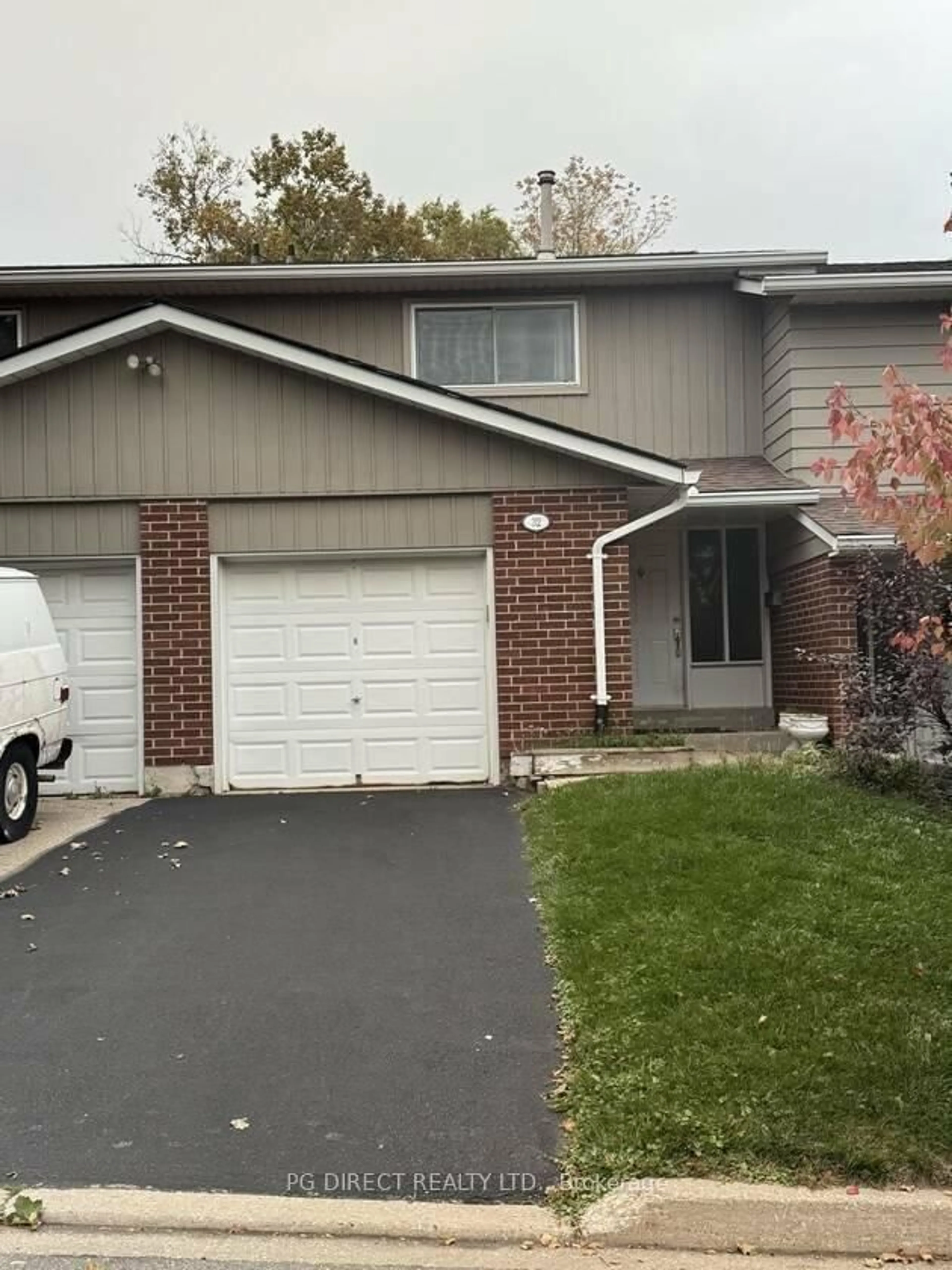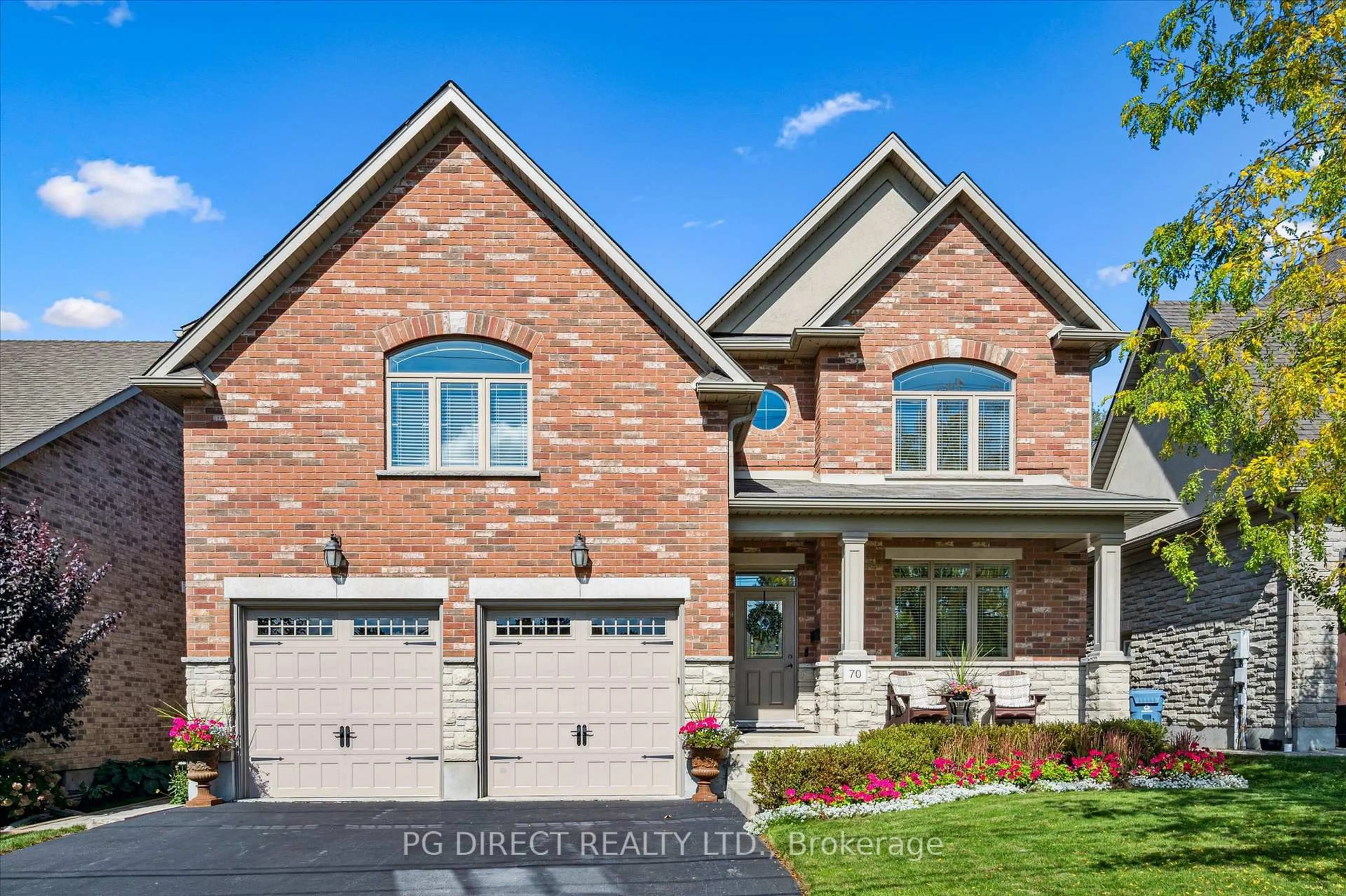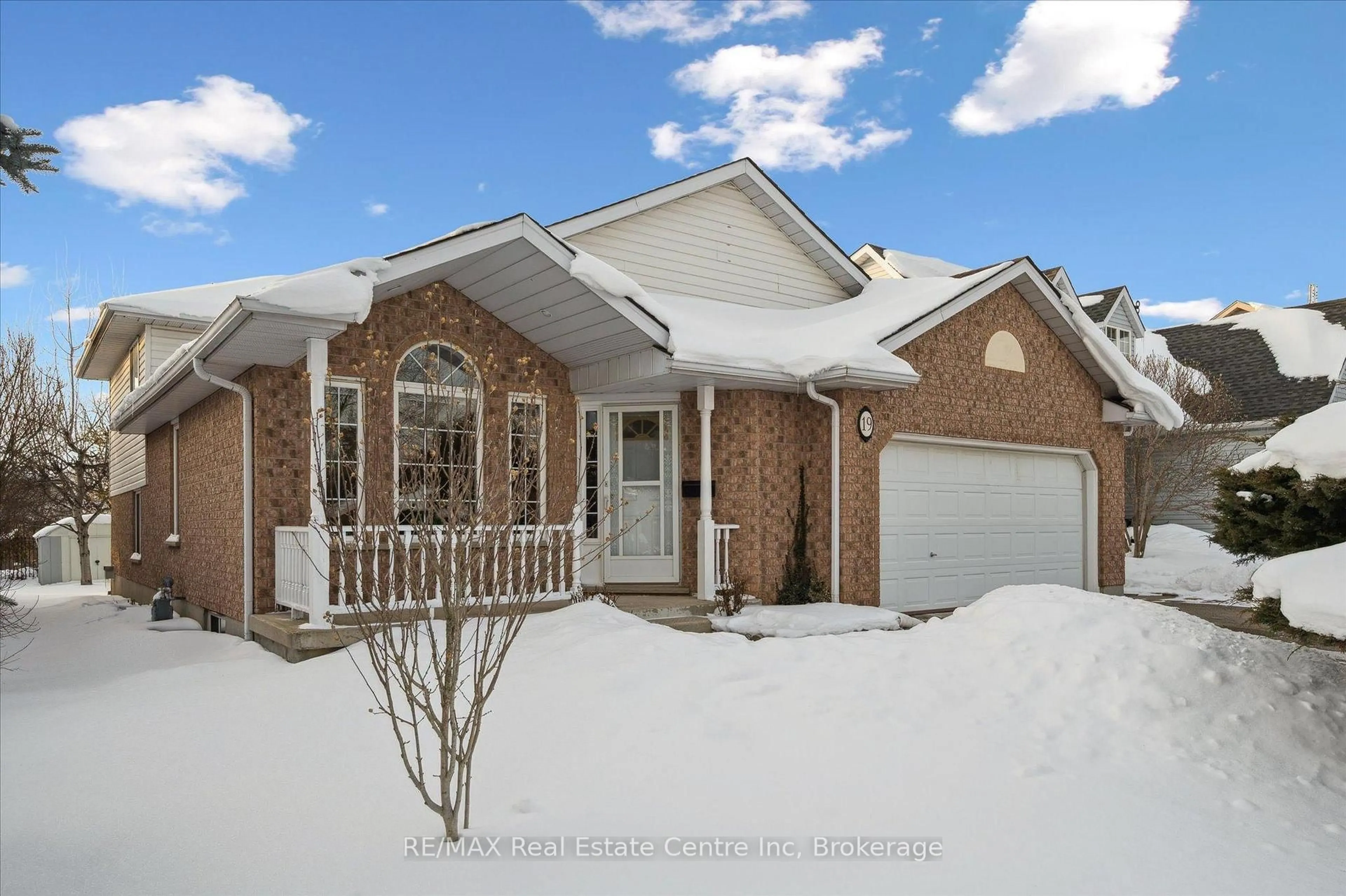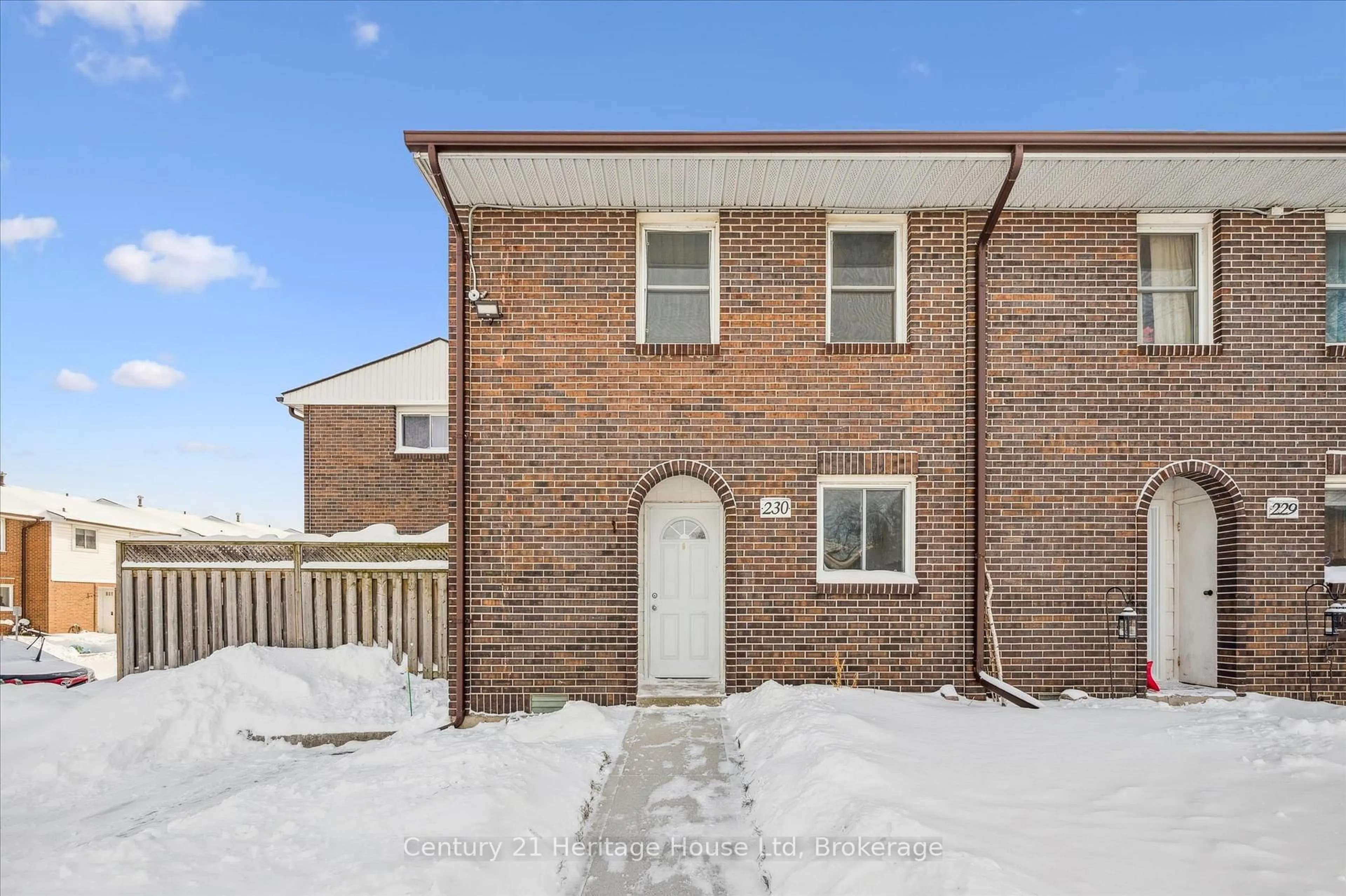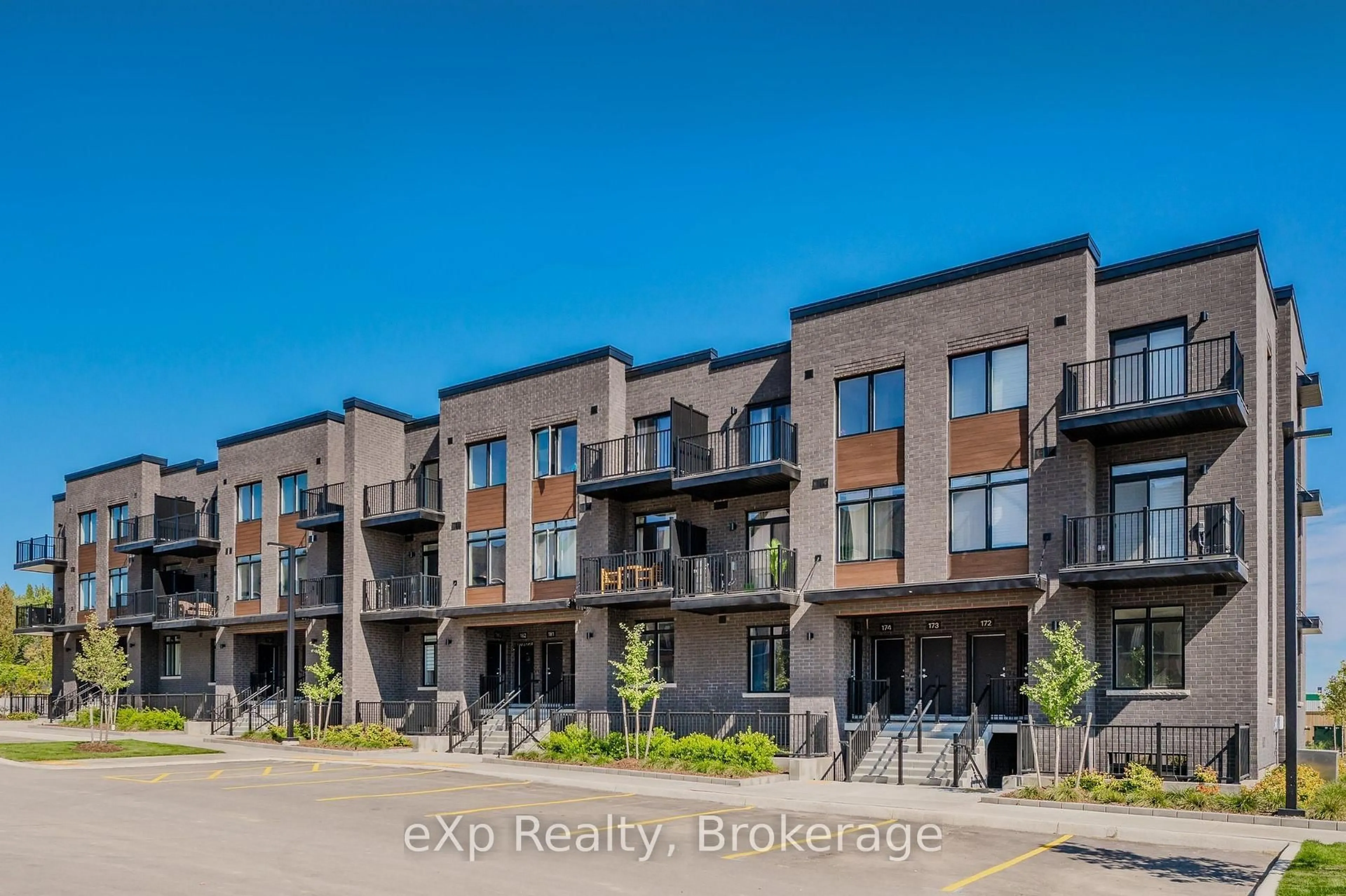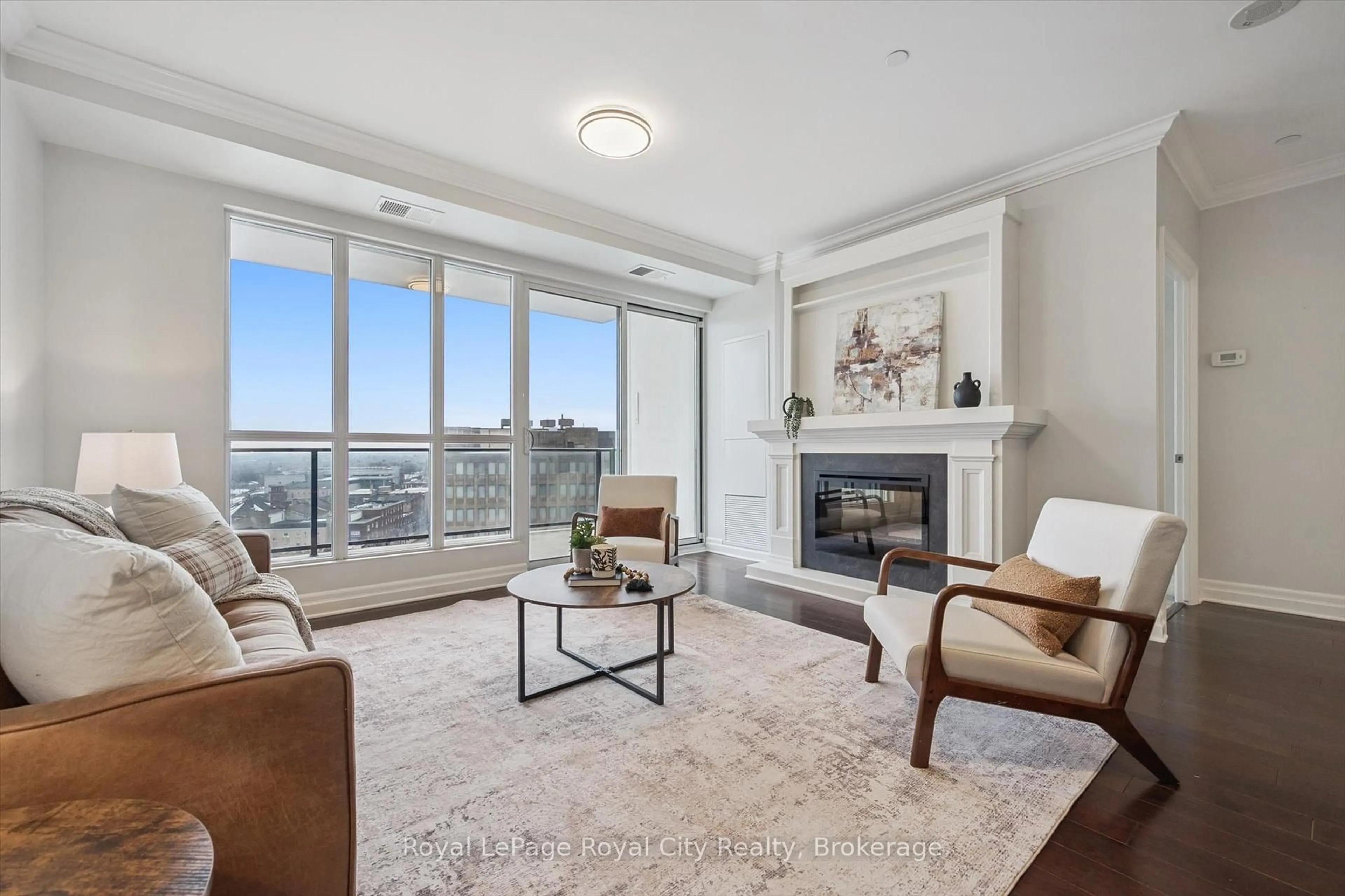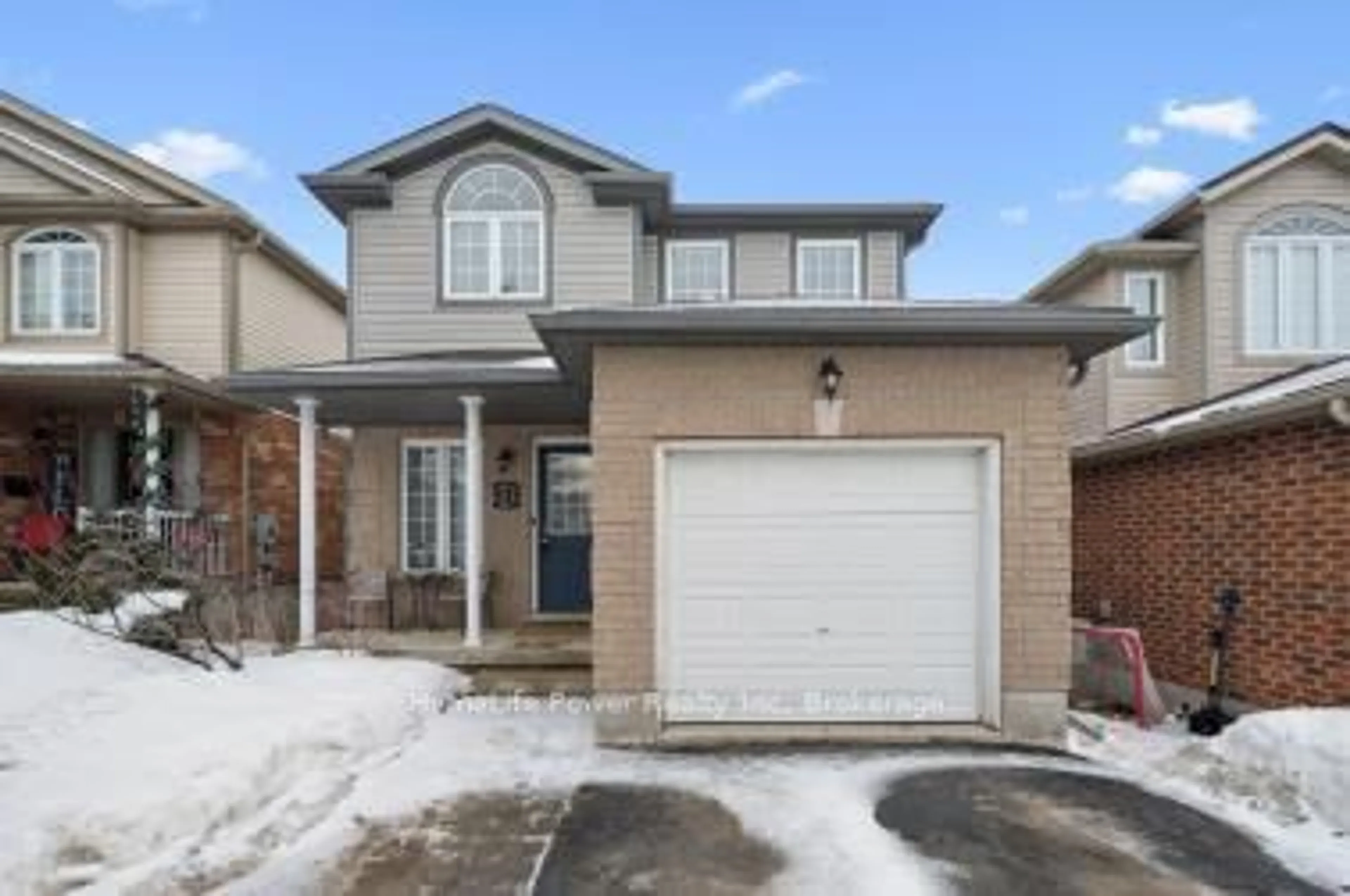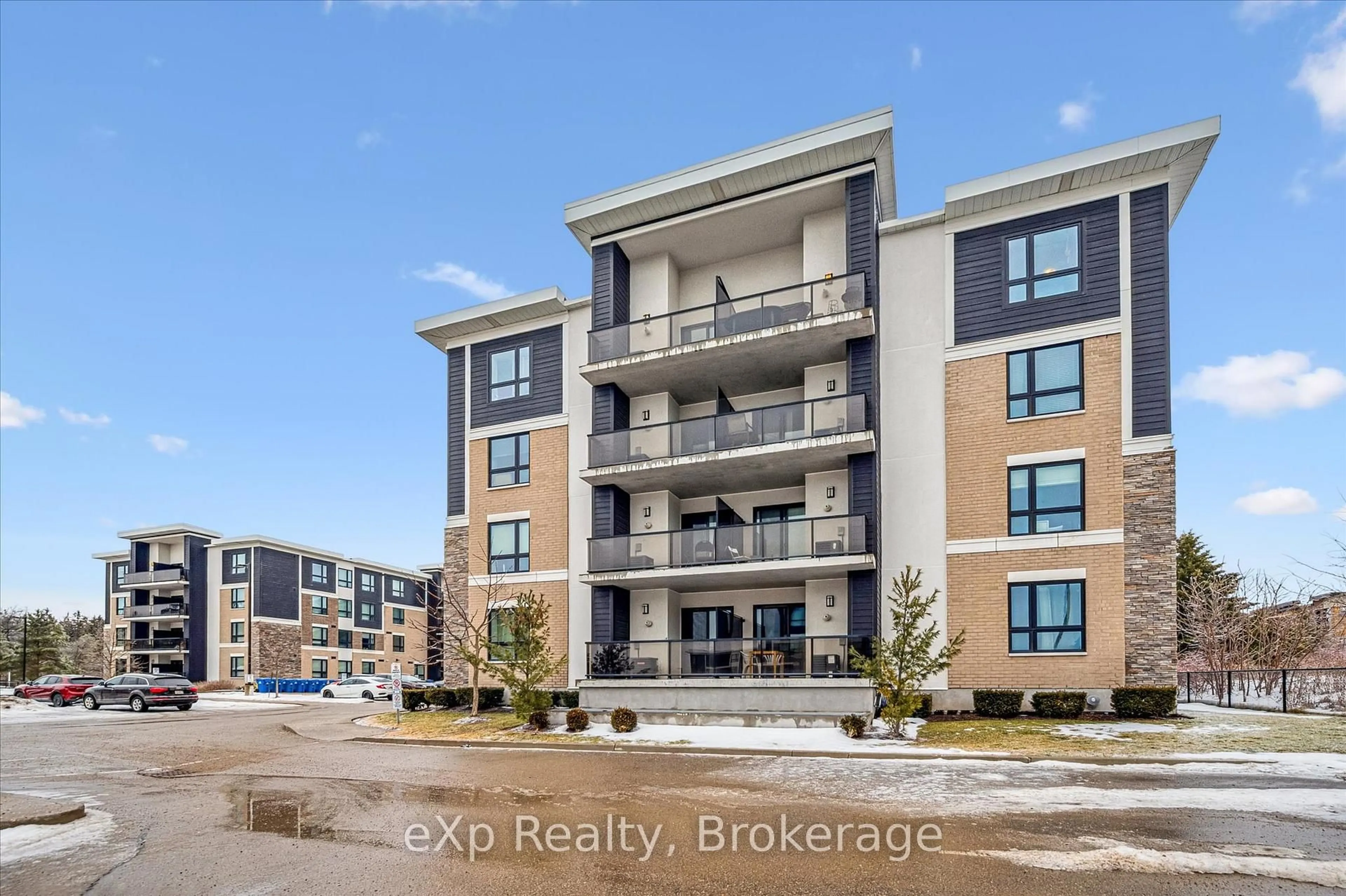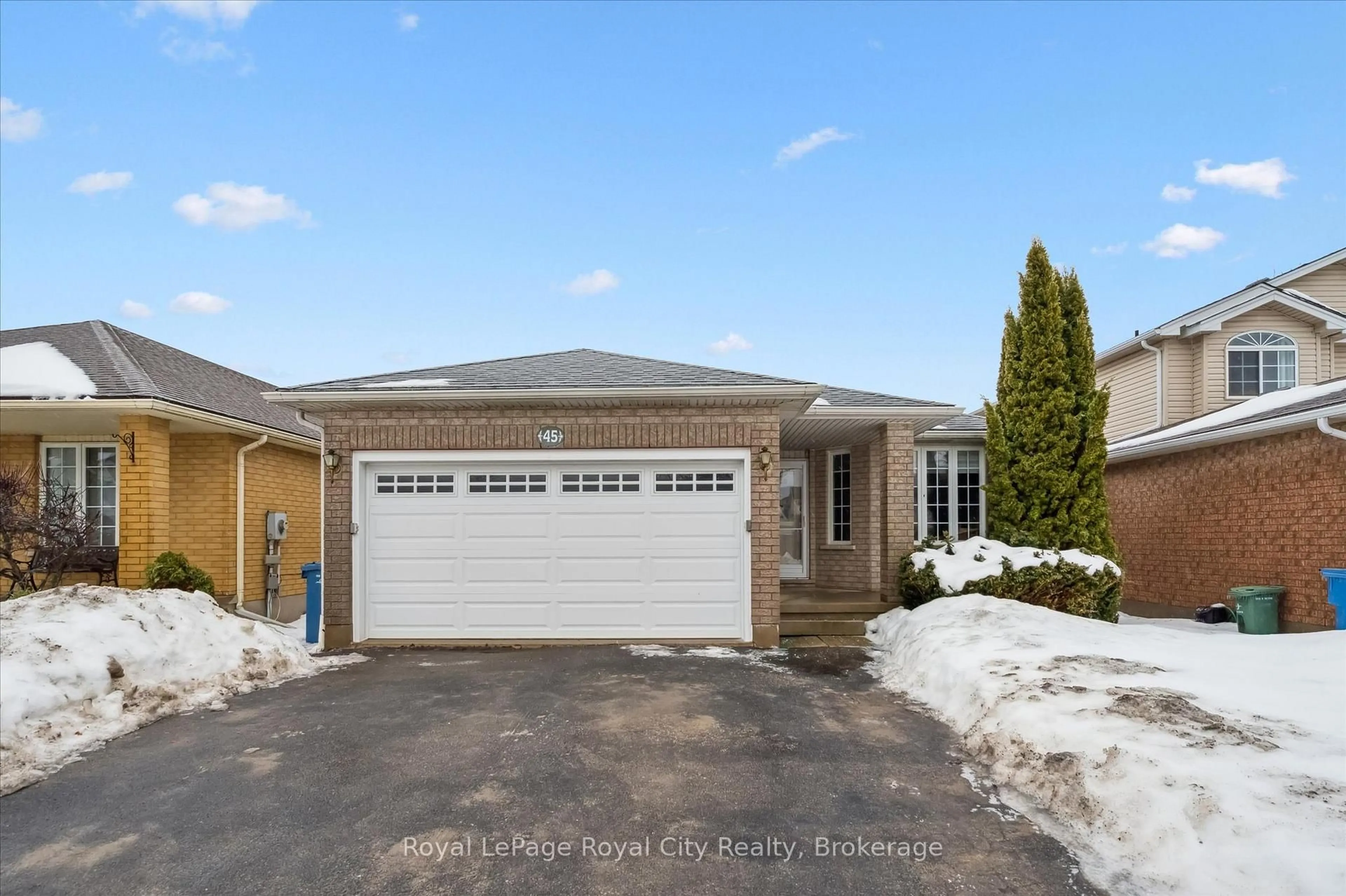Days on market
Bedrooms
Bathrooms
Property type
Homes For Sale in Guelph
ArboretumBrantClairfieldsDowntownExhibition ParkGrange Hill EastHanlon CreekKortright HillsOld UniversityOnward WillowParkwood GardensTwo RiversUniversityWaverleyWest Willow WoodsWestminster Woods
Tour homes in this area
We'll be in touch shortly to help you with your home search.
Guelph Real Estate Market FAQs
Last updated Feb 21, 2026How many real estate listings are currently for sale in Guelph?
As of today, the Guelph real estate market currently has 168 detached homes, 13 semi-detached homes, 248 condos, and 45 townhouses, totaling 474 listings in Guelph.
How many new properties were listed in Guelph in the last 30 days?
In the last month, Guelph has 110 new detached homes, 0 new semi-detached homes, 102 new condos, and 34 new townhouses, totaling 246 new properties listed.
How many open houses are there in Guelph?
As of today, there are 46 open houses in Guelph
How much does a detached home cost in Guelph?
In the last month, the median sold price for a detached home price in Guelph is $835,000, which is an decreased of 4.2% on the same period last year.
How much does a condo cost in Guelph?
In the last month, the median sold price for a condo price in Guelph is $505,000, which is an decreased of 10.7% on the same period last year.
How much does a townhouse cost in Guelph?
In the last month, the median sold price for a townhouse price in Guelph is $670,000, which is an decreased of 10.3% on the same period last year.
Population & demographics
Total population
135,228
Population age (%)
Household
Average household income
$129,545
Household composition (%)
Owners / Renters (%)
Mother Tongue (%)
How much does it cost to live in Guelph?
Detached
Median Selling Price$835,000
Average Days on Market
34.71
#Active Listings (January)
163
#Sold Listings (January)
41
Semi-Detached
Median Selling Price$680,000
Average Days on Market
50
#Active Listings (January)
8
#Sold Listings (January)
3
Townhouse
Median Selling Price$670,000
Average Days on Market
60.78
#Active Listings (January)
54
#Sold Listings (January)
9
Condo
Median Selling Price$505,000
Average Days on Market
59.48
#Active Listings (January)
204
#Sold Listings (January)
23
Top 5 Schools in Guelph
Guelph Review
Transportation
Car Friendly
Good access to freeways and major arteries, with a large amount of parking nearby
Pedestrian Friendly
Few day-to-day needs are within walking distance
Transit Friendly
Transit is available for some trips
Shopping, Food and Nightlife
Cafes
Some cafés within walking distance
Groceries
At least one grocery store within a 30-minute walk
Nightlife
Few or no bars within walking distance
Shopping
Some shops within walking distance
Restaurants
Some restaurants within walking distance
Greenery & Character
Quiet
Some sources of noise nearby
Vibrant
Quiet atmosphere at all hours
